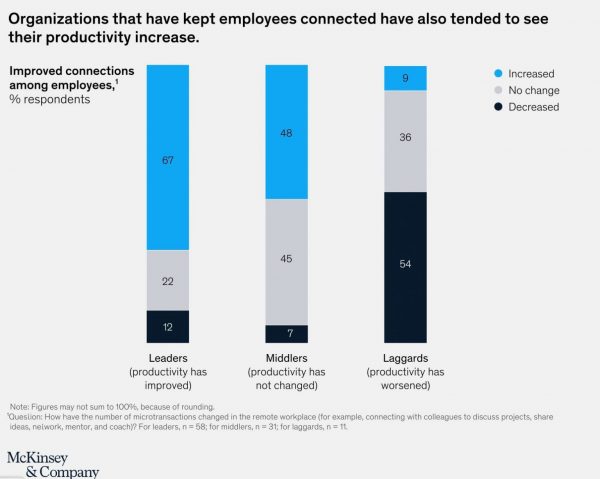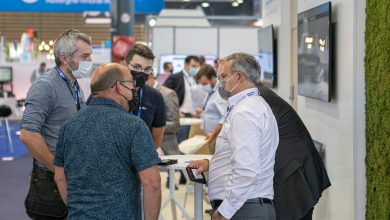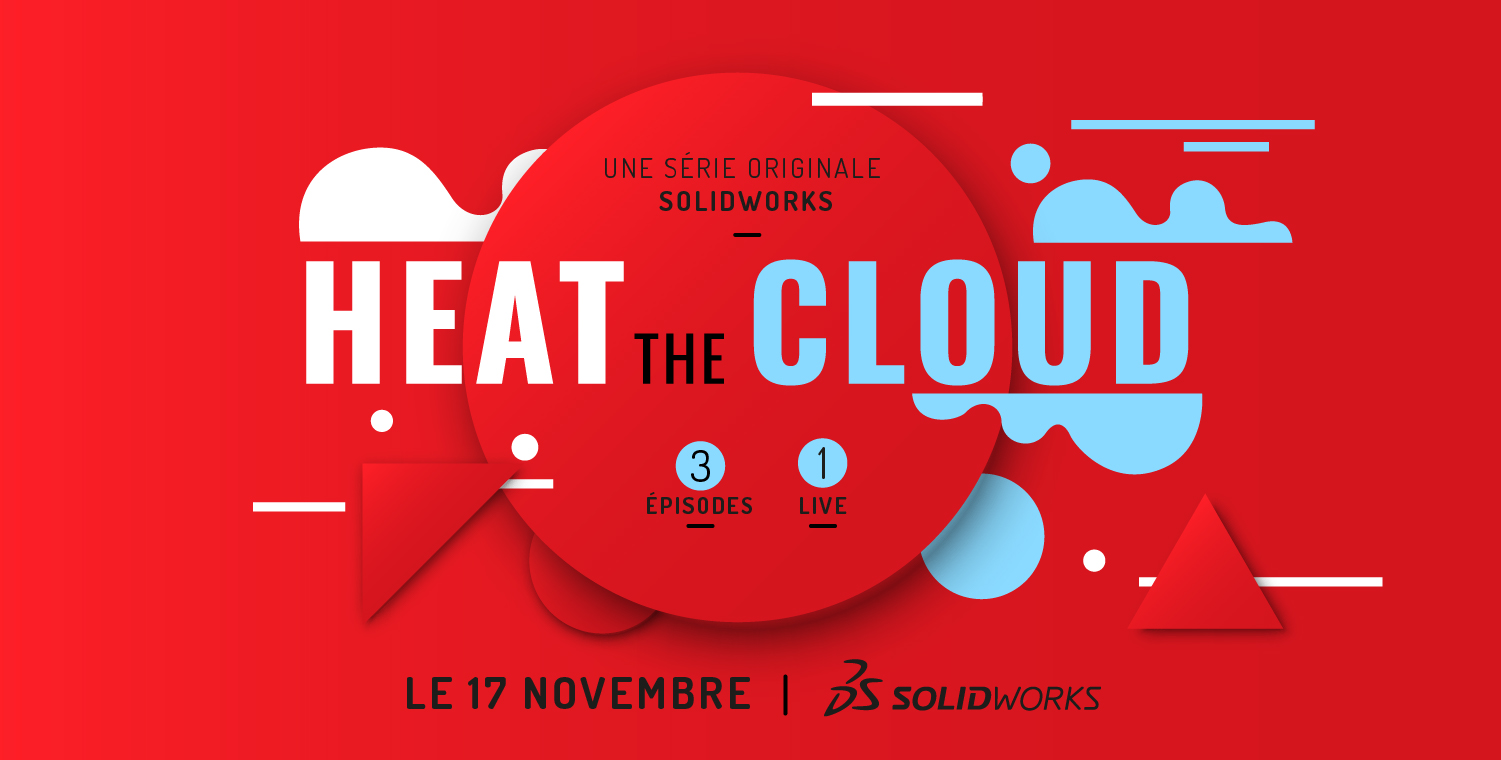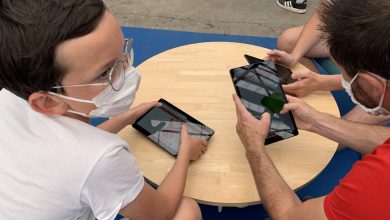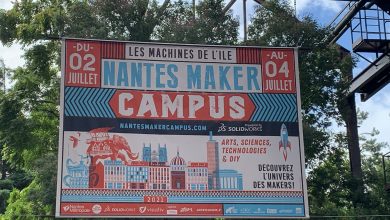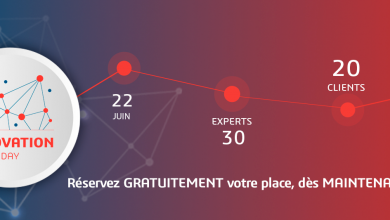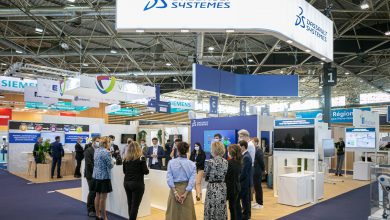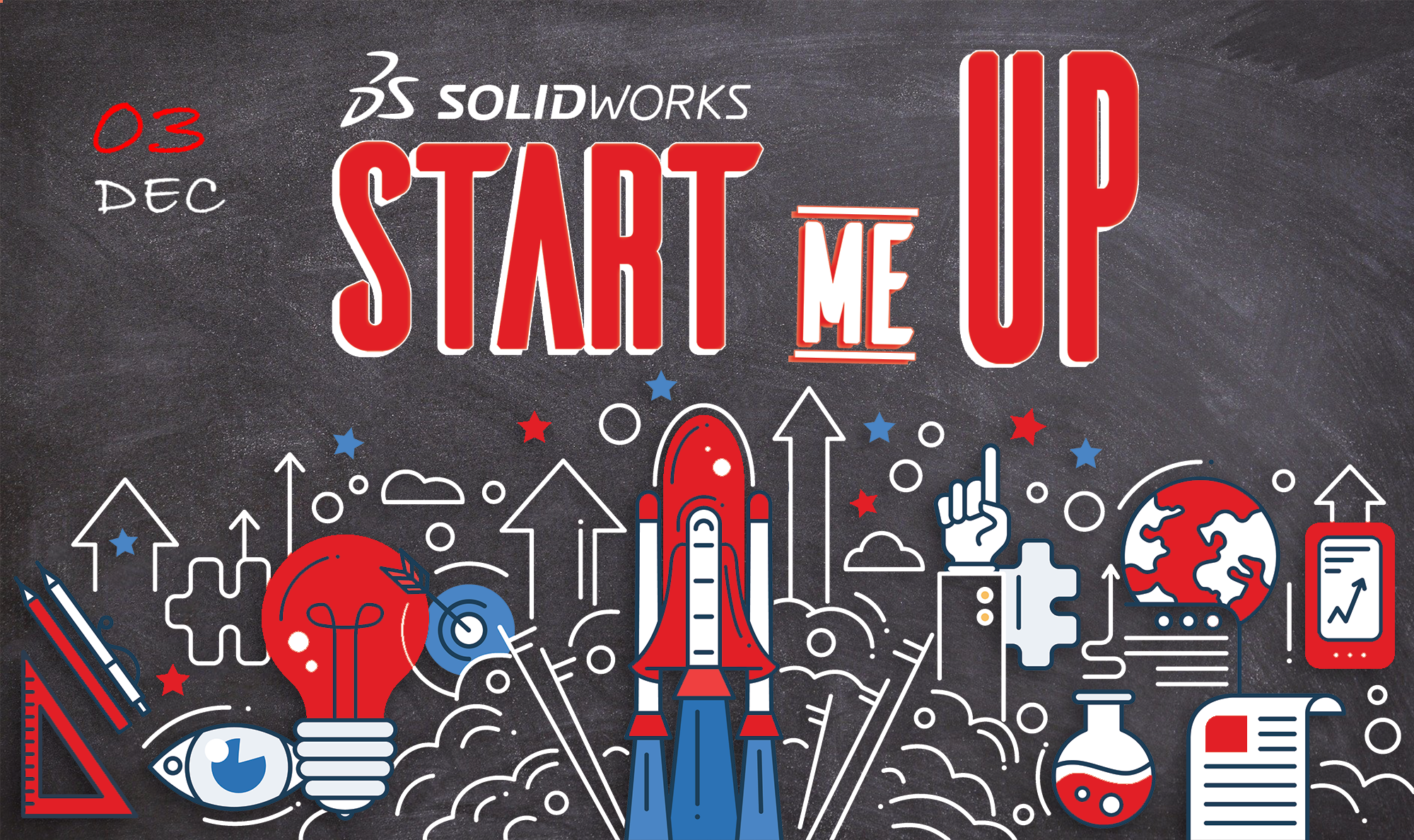
Since the start of the global pandemic, we have been wondering about the efficiency and the constraints linked to remote work. No longer being in the office, at the factory, or with customers was not a choice but a decision aimed at safeguarding our vital forces intact. Today, we all see it, things are not and never will be the same. We have learned to mix models, between going to the office or staying at home, seeing still frequenting coworking spaces or having meetings in sometimes unusual third places.
What do manufacturers think? How do their employees see themselves in this new pattern? Will they be happier for it in the next few years?
We met many industry players in France but also elsewhere in Europe at the major Global Industry trade fair in Lyon, and it was an opportunity to discuss this new vision of work.
First observation: 100% is not an option. Whether in the office, at the factory or at home, no one wants the obligatory and identical routine for everyone anymore. Without a doubt, confinement has opened the door to the individualization of work patterns for the greatest number. Everyone wants to adapt and expects their company to adapt accordingly. The rhythms of each other change without the quality or quantity of the work done being affected. Better still, some studies showing that this relaxation of individual constraints is beneficial, both in terms of productivity and creativity or involvement in projects. This is where the strength of collaborative tools, platforms hosted in the cloud, is ideally expressed. Sharing with his team, his direction is much more evident on these tools (like the 3DEXERIENCE) than in office life, where meetings are linked to overloaded agendas. Everyone organizes their time and relationships better when they can do it when they want, at any time and from wherever they are physically (including away from home or from their office).
Legend of the graphic : organizations that have invested heavily in better connectivity for their employees and their ability to work remotely significantly outperformed their sector of activity.
Second observation: trust is the engine of performance. However, teams feel this confidence when their leaders express their support, defend their collective and individual interests, and guarantee a certain freedom of action. Bruno Neyret, boss of the Neyret group founded by his father Guy, told us at the Global Industrie show: “ my first responsibility is to solve the problems encountered by the teams in the field. It also consists in giving them the technical means, in showing them all my confidence while guaranteeing them full support if necessary.. We cannot be present on a daily basis, but we must keep spaces in the agendas to listen, discuss and propose solutions. »Working in a team is a prerequisite in the industrial world and digital platforms such as SOLIDWORKS offer all the possibilities to operate as an ecosystem around a project.
Third observation: developing hybrid work is essential to attract talent. The pandemic is not yet behind us, we can see that everywhere in France, the departure from the big cities of very many company employees has become obvious and sometimes a requirement. While all industries are struggling to recruit new talents, the still present obligation to work on site becomes a real obstacle when it comes to attracting people. Working from home or from a third place is an element of balance in professional activity that the new generations (but also the old ones) clearly claim. Being able to work elsewhere than on a site belonging to the company naturally means having access to the data and the usual work tools. This raises the question of the fluidity and security of data transfers useful for the development of projects. The new platforms offered in SaaS mode allow this fluidity in complete security, thus allowing engineers, designers, design offices and production centers to collaborate very effectively. Many French industrial SMEs are becoming attractive again for this reason that setting up far from metropolitan areas is no longer considered a handicap but, on the contrary, an opportunity.
According to a KPMG Canada study that surveyed 2,000 Canadian workers, 77% of them want flexibility in the workplace between the office and other connected places. And nearly 71% believe hybrid work adoption should be the norm for all businesses going forward.
There are many motivations for resorting to a hybrid form of work, in the sense of mobility, fluidity and decentralization. Are they a response to a crisis situation or, on the contrary, has the ease of use of digital solutions such as # 3DEXEPERIENCE precipitated this change in organizations? Should we congratulate ourselves on being able to work everywhere and all the time, where some recently offered us a leisure company? Hybridization is undoubtedly a key word for understanding the challenges of the coming decades and the evolution of our business models. In a period of profound change, hybridization is a necessity in order to move from a structured and a little too standardized world to an agile and free world.
When we met our partners at Global Industrie, we felt this excitement that often accompanies change in the industry. Adopting technological solutions that promote collaboration in complete confidence is a pledge of the agility demonstrated by the players in our industrial fabric. Will the future of our professions be oriented towards the hyper mobility of human resources? What if, on the contrary, it was data that circulated more easily from one employee to another, from a research or design team to a production plant?
Whatever the work model chosen by our partners, we are always committed to the collective and we believe in digital tools to promote the creativity and efficiency of our industries.

